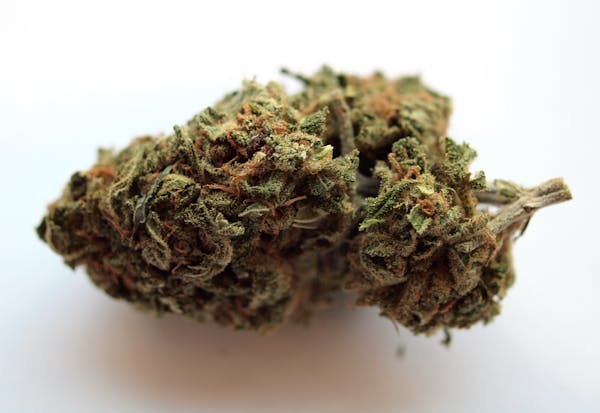THCa Flower Benefits for Pain Relief and More
THCa Flower Benefits for Pain Relief and More
In recent years, the interest in cannabis and its derivatives has surged, with many seeking natural alternatives for pain management and other health benefits. One compound that has gained attention is THCa, or tetrahydrocannabinolic acid. Unlike its more famous counterpart THC, THCa is non-psychoactive, meaning it doesn’t produce the “high” associated with cannabis use. This article explores Understanding THCa Flower benefits, particularly for pain relief, and delves into other potential advantages.
Understanding THCa
THCa Flower is a cannabinoid found in raw and live cannabis plants. It is the precursor to THC, which means it converts to THC when exposed to heat through a process called decarboxylation. This transformation is what typically happens when cannabis is smoked or vaporized. However, when consumed in its raw form, THCa remains non-psychoactive, offering a different set of benefits.
Non-Psychoactive Nature
One of the primary attractions of THCa is its non-psychoactive nature. This makes it an appealing option for individuals seeking the therapeutic benefits of cannabis without the mind-altering effects. This characteristic allows for broader use, including among those who may be sensitive to THC or who need to maintain clarity and focus throughout the day.
THCa for Pain Relief
Chronic pain affects millions worldwide, leading many to seek alternatives to traditional pain medications, which can have significant side effects. THCa has shown promise as a natural pain reliever, offering a potential solution for those looking to manage pain without the risks associated with opioids and other pharmaceuticals.
Anti-Inflammatory Properties
Research suggests that THCa possesses anti-inflammatory properties, which can be beneficial in managing pain. Inflammation is a common underlying factor in many chronic pain conditions, such as arthritis and fibromyalgia. By reducing inflammation, THCa may help alleviate pain and improve quality of life for sufferers.
Case Studies and Research
Several studies have highlighted the potential of THCa in pain management. For instance, a study published in the “Journal of Pain Research” found that THCa reduced inflammation and pain in animal models. While human studies are still limited, anecdotal evidence from patients using THCa-rich products supports these findings, with many reporting significant pain relief.
Additional Health Benefits of THCa
Beyond pain relief, THCa offers a range of other potential health benefits. These advantages make it a versatile option for those seeking holistic wellness solutions.
Neuroprotective Effects
Emerging research indicates that THCa may have neuroprotective properties, which could be beneficial in preventing or managing neurodegenerative diseases like Alzheimer’s and Parkinson’s. These effects are thought to stem from THCa’s ability to reduce oxidative stress and inflammation in the brain.
Anti-Nausea and Appetite Stimulation
THCa has been reported to help with nausea and appetite stimulation, making it a potential aid for individuals undergoing treatments like chemotherapy. These treatments often lead to severe nausea and appetite loss, and THCa could offer a natural way to mitigate these side effects.
Antioxidant Properties
As an antioxidant, THCa can help combat oxidative stress, which is linked to various chronic diseases and aging. By neutralizing free radicals, THCa may contribute to overall health and longevity.
How to Use THCa Flower
For those interested in exploring the benefits of THCa, there are several ways to incorporate it into a wellness routine. Here are some popular methods:
- Juicing: Fresh cannabis leaves and flowers can be juiced to retain THCa in its raw form. This method is popular among those seeking the full spectrum of cannabinoids without psychoactive effects.
- Topicals: THCa-infused creams and balms can be applied directly to the skin for localized pain relief and anti-inflammatory benefits.
- Tinctures: THCa tinctures offer a convenient way to consume the compound, allowing for precise dosing and easy incorporation into daily routines.
Legal Considerations
The legal status of THCa varies by region, as it is often classified under the same regulations as THC. It’s important for consumers to be aware of local laws and regulations regarding cannabis products to ensure compliance and avoid legal issues.
Conclusion
THCa flower presents a promising option for those seeking natural pain relief and other health benefits without the psychoactive effects of THC. Its anti-inflammatory, neuroprotective, and antioxidant properties make it a versatile addition to a holistic wellness approach. As research continues to uncover the full potential of THCa, it may become an increasingly popular choice for individuals looking to enhance their health and well-being naturally.

